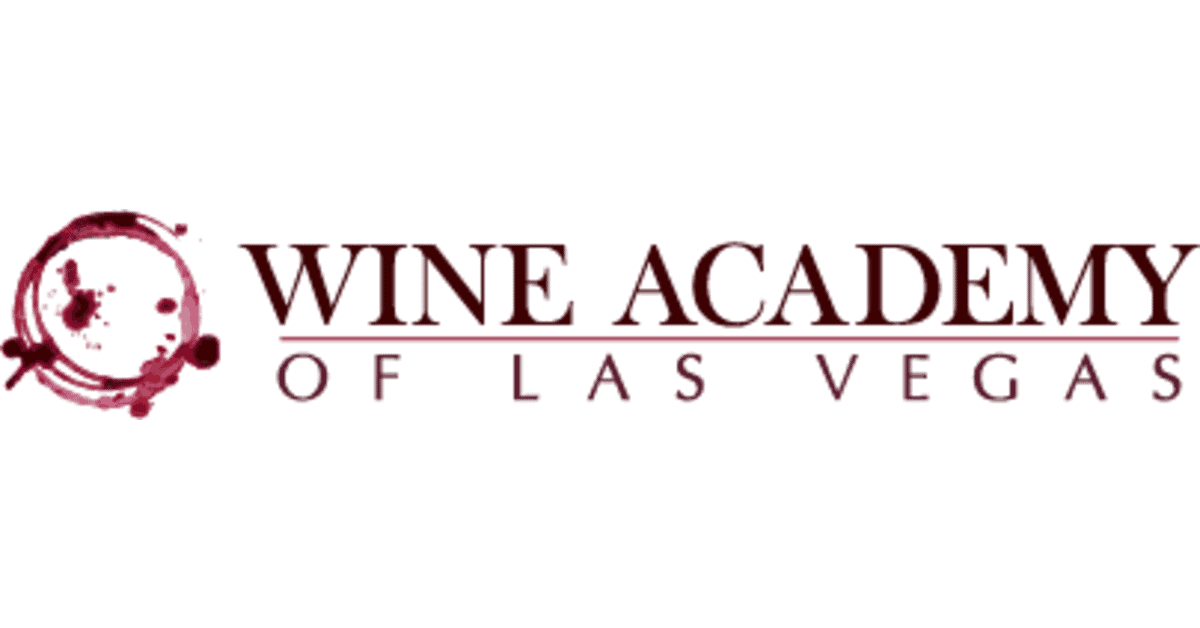Nevada’s desert climate might seem inhospitable to vineyards, but winemaking here has deeper roots than most realize. In the late 19th century, settlers experimented with grapes near Reno and in the Pahrump Valley. Modern winemaking returned in the 1990s when legislation finally allowed small producers to operate again, paving the way for pioneers like Pahrump Valley Winery, which became the state’s first commercial winery.
With winemaking on the rise, education has followed. The University of Nevada, Reno (UNR) Extension runs viticulture workshops and sustainable agriculture courses that address water conservation, high-altitude growing, and heat-resilient grape varieties. These programs support both experimental vineyards and new growers across northern and southern Nevada.
For those seeking sommelier or certification training, the Nevada Wine Academy in Las Vegas offers Wine & Spirit Education Trust (WSET) programs, certification prep, and hospitality-focused classes for wine professionals and enthusiasts. Las Vegas also hosts courses through the American Wine School network and other National Wine School affiliates, reflecting the city’s strong hospitality culture.
For a complete overview, see our guide to wine schools and programs


